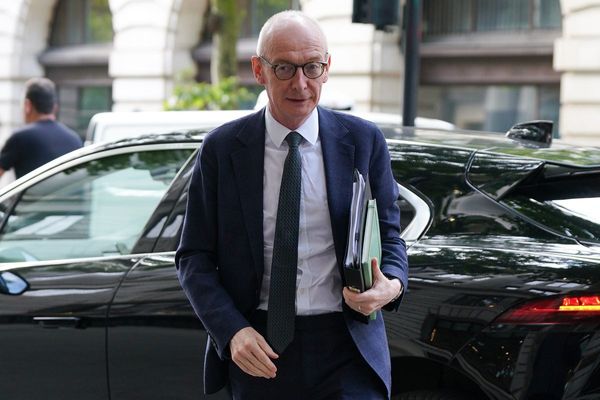
AJ Patton is CEO of 548 Enterprises, which develops affordable, quality, sustainable, and energy-efficient housing for Chicago’s marginalized communities.
The burden of energy costs can be life-altering. I still vividly remember the day my mother received a $400 gas heating bill in 1999. We were living in apartment unit 548, which had a hole in the roof, and my mother made only $10/hour at the time. Money was tight and we were struggling to make ends meet. Despite my mother’s best efforts, the gas was shut off and we were forced to boil water for more than a year just to take baths.
That experience would inform the direction of my life. Today, as CEO of 548 Enterprises, I develop affordable housing for Chicago’s marginalized communities. The homes we develop are built to sustainable, high-quality energy-efficiency standards in order to keep utility bills low, save money, and protect lives. For the past eight years, this work has been the north star of my career.
Good builders welcome building to higher standards. We know that quality homes constructed to the latest standards provide cost savings for families, reduce indoor and outdoor pollution, and improve public health. Above all else, Americans deserve homes that are built for the future and able to withstand climate-driven weather events—which are increasing in frequency every year—while keeping overall costs low.
Housing standards
Recently, the federal government finalized a rule that requires affordable housing built with federal funds to abide by modern construction standards. In response, lobbying groups have ramped up a cynical disinformation campaign in an effort to preserve their profits at the expense of homeowners—claiming such standards would add to costs and the affordability crisis.
As an affordable housing developer, I’m here to tell you that the opposite is true. Energy-efficiency standards help residents and owners save significant cash over the lifetime of a home. In the case of these standards, the upfront costs of installation will be recouped within just 2 years. The energy-efficiency savings, meanwhile, will pay off for decades. Such efficiency improvements have been shown to dramatically reduce utility bills, helping families avoid unexpectedly high energy bills like the surprise bill my mother faced, ensuring they will always have enough money for other necessities like buying medicine or putting food on the table.
But these standards do more than just save money, they can save lives. In urban areas such as Chicago, where 548 Enterprises is currently developing affordable housing, temperatures last summer were 20 degrees hotter than normal. These heat disasters left the city paralyzed, as residents struggled against extreme conditions at home. With climate change making such events more frequent and severe, policymakers are right to ensure our homes are as efficient as possible. After all, they are our first line of defense against extreme weather.
Homes constructed to the 2021 International Energy Conservation Council efficiency standards allow residents to shelter in place for twice as long during power outages compared to other homes, which is especially important for those who rely on medical equipment. The same study also found that these homes offer dramatic improvements in maintaining livable temperatures and keeping occupants safe during extreme weather events.
New home construction boom
We are in the midst of an unprecedented housing boom in America. More housing units are under construction right now than at any other time in the last half-century and the Biden Administration has announced plans to construct more than 2 million homes that would close the housing supply gap and lower costs. And tax credits and funding are available to incentivize removal of unnecessary barriers to affordable housing. There is no better time than the present to make sure the homes we build, which will house millions of Americans for decades to come, are built to last and serve the safety, health, and financial well-being of residents.
In many conversations with new homeowners, I’ve often heard the ways they have scrupulously saved their money to buy a quality home. These families want a house that is built to the best standards, that will keep themselves and their loved ones safe, and last them well into the future, providing a higher resale value as well.
I am moved every time I see a family move into a home I’ve created. Unlike the struggles my mother faced, it gives me satisfaction to know those families won’t have to decide between putting food on the table, fixing a hole in the roof, or paying the gas bill. They won’t have their heat or hot water cut off, forcing them to boil water for 365 days on end just to take a bath. They’ll be safe when extreme weather hits.
Those are the homes Americans deserve.
More must-read commentary published by Fortune:
- Verge Genomics CEO: Why I urge my employees to share their fears and vulnerabilities—and do the same with them
- Former Yum Brands CEO David Novak: How active learning took me from 30 trailer parks to the helm of a $32 billion global corporation
- I cared for my dad under ‘hospital at home’ in his final weeks. The program is missing one big piece
- I’m a whistleblower and have been called a snitch, rat, and traitor. What about hero?
The opinions expressed in Fortune.com commentary pieces are solely the views of their authors and do not necessarily reflect the opinions and beliefs of Fortune.







